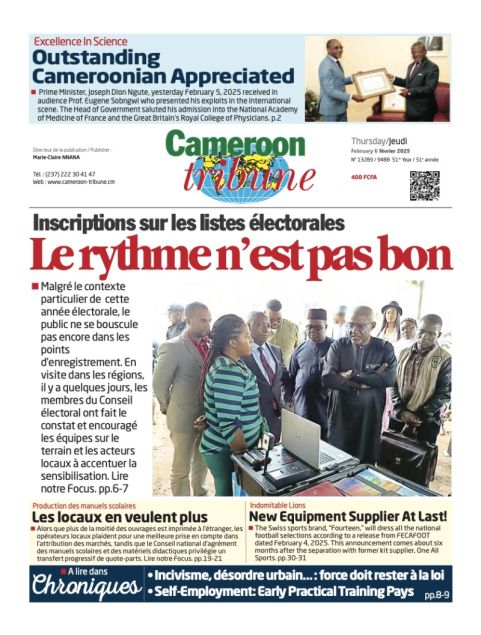Back To Dialogue
- Par Eldickson Agbortogo
- 03 févr. 2023 13:49
- 0 Likes
It is no more a secret that the DRC and Rwanda have a tumultuous relationship since the mass arrival in the Republic of Rwandan Hutus accused of slaughtering Tutsis during the 1994 Rwanda genocide. Some of those accused of the killings have since set up militias in eastern DRC creating tension. But in 2019 the tension died down, and relations improved after Felix Tshisekedi became the President of DRC. Two important visits were made by the two leaders at each country’s border town. During each of these visits, the two leaders (Felix Tshisekedi and Paul Kagame) made firm promises to solve whatever differences through dialogue and not through the barrel of the gun. They also endorsed several infrastructural projects and trade agreements aimed at bettering the situation of their citizens.
But a few months after, the resurgence of the M23 rebels reignited tensions. The reasons for these tensions, most experts say, lie in the past. It is true that security issues do pre-dominate, but the collective grievances are the identity narrative: who belongs, who does not, the autonomy language and so on. Despite this dynamics which many consider internal to Congo, world leaders, institutions and African Union in particular, have called for calm and dialogue for a peaceful resolution of the crisis with the support of regional mechanisms. A telephone conversation by the AU Chair Macky Sall, who is President of Senegal, to President Paul Kagame of Rwanda and President Felix Tshisekedi of DRC paved the way for other meetings in Luanda aimed at resolving the current impasse.
However, all these efforts have not led to any major breakthrough because of the ...
Cet article complet est réservé aux abonnés
Déjà abonné ? Identifiez-vous >
Accédez en illimité à Cameroon Tribune Digital à partir de 26250 FCFA
Je M'abonne1 minute suffit pour vous abonner à Cameroon Tribune Digital !
- Votre numéro spécial cameroon-tribune en version numérique
- Des encarts
- Des appels d'offres exclusives
- D'avant-première (accès 24h avant la publication)
- Des éditions consultables sur tous supports (smartphone, tablettes, PC)












Commentaires